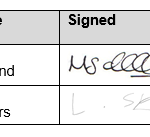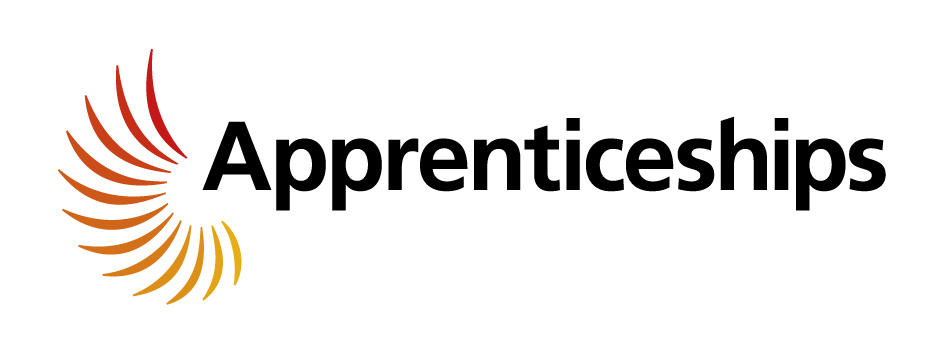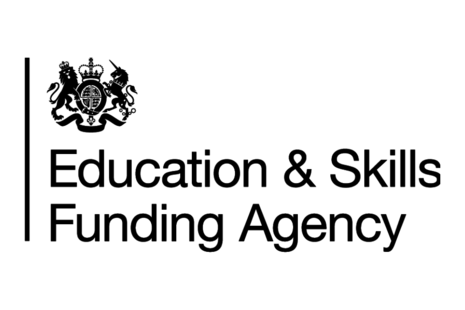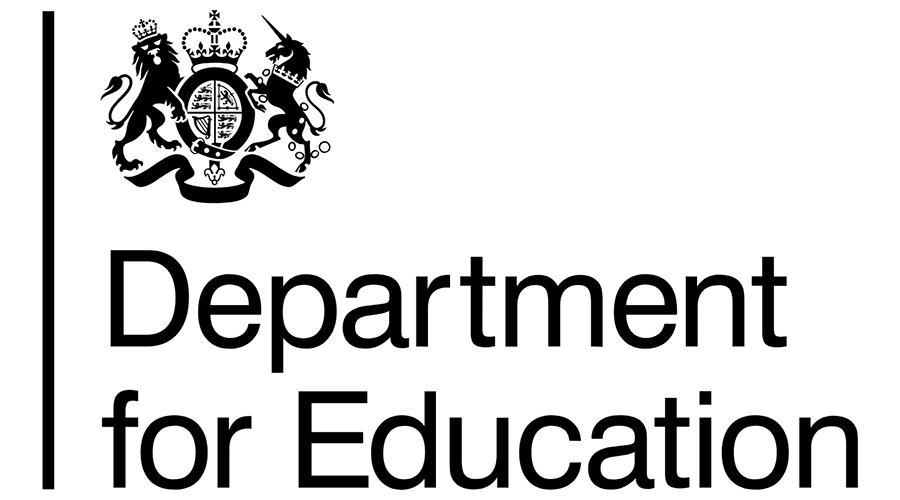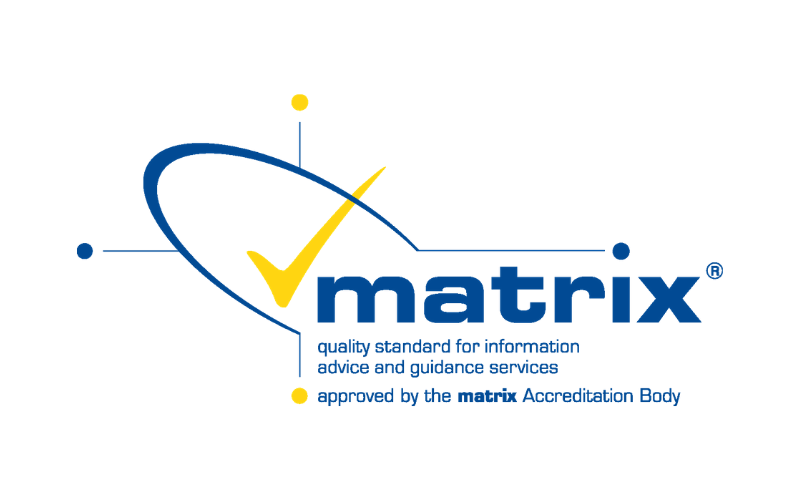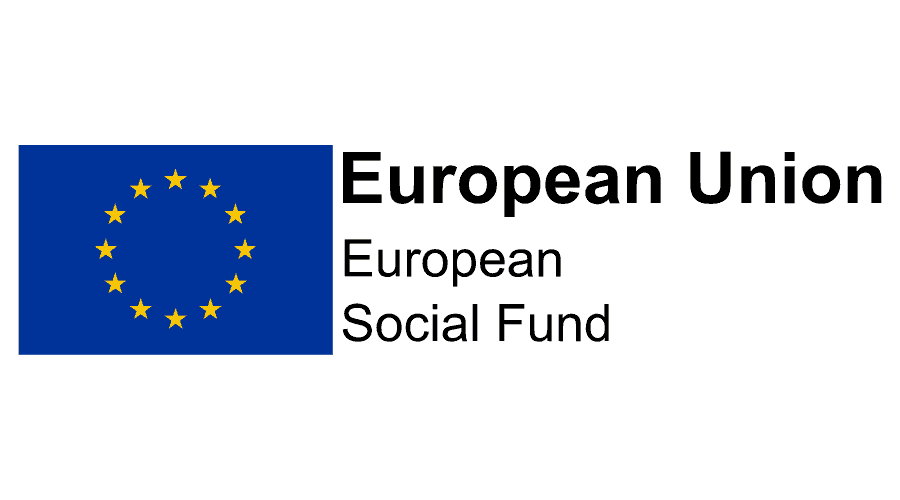Prevent Policy
Prevent Duty Statement
The Prevent Duty Statement is “to have due regard strong typing to the need to prevent people from being drawn into terrorism”
PREVENT is designed to make reporting easier and more straightforward. Cool Blue College has a legal responsibility to fulfil Prevent Duty and will do everything it can to ensure that support and guidance are available to staff, employers, learners, and all connected with the company. If you have any proposals for additional support or advice that you think may help, please share these with the Managing Director or Safeguarding Lead. Further information can be found on Prevent-Duty by following the link below
https://www.gov.uk/government/publications/prevent-duty-guidance
This policy is promoted on the Cool Blue College website, throughout any learner journey and Cool Blue College staff. The policy and all information are available on request by any learner/parent if required.
The Seven Golden Rules of sharing information and further information on this can be found by following the link
Protecting Learners from Extremism and Radicalisation
Training providers have a vital role to play in protecting learners from the risks of extremism and radicalisation. This role is underpinned by the Counter Terrorism and Security Act (2015) to have due regard to the need to prevent people from being drawn into terrorism.
The Prevent Strategy published by the Government in 2011 is part of an overall counter terrorism strategy CONTEST. The aim of the Prevent strategy is to reduce the threat to the UK from terrorism by stopping people becoming terrorists or supporting terrorism activity. This has raised a specific need to safeguard people, children, young people and families from violent extremism and terrorism. Nationally, there have been situations in which extremist groups have attempted to radicalise vulnerable children, Adults and Young People to hold extreme views. Such views include justifying political, religious, sexist, or racist violence, or to steer individuals into a rigid and narrow ideology that is either vocal or active opposition to fundamental British values including embracing diversity and mutual respect and tolerance of different faiths and beliefs.
Cool Blue College is fully committed to safeguarding and promoting the welfare of all learners who we work with. As a training provider we recognise that safeguarding against radicalisation is no different from safeguarding against any other vulnerability.
Cool Blue College build learners and employees’ resilience to extremist narratives by equipping them with the skills and knowledge to explore political and social issues critically, to weigh evidence, debate and make reasoned arguments.
This can include facilitating conversations about extremism and radicalisation in an age-appropriate way, as well as other social and political issues.
Another way we look to build resilience to all staff and learners is by promoting the Fundamental Principles of British values.
These four fundamental British values are:
Democracy
Rule of Law
Respect & Tolerance
Individual Liberty
Cool Blue College values freedom of speech and the expression of beliefs as fundamental rights underpinning our society’s values. Learners and all Teachers/Assessors/Training Workers have the right to speak freely and voice their opinions however, freedom comes with responsibility and free speech that is designed to manipulate the vulnerable or that leads to violence and/or harm of others goes against the moral principles in which freedom of speech is valued. Free speech is not an unqualified privilege; it is subject to laws and policies governing equality, human rights, community safety and community cohesion.
Cool Blue College and Staff will promote these values of those with different faiths and beliefs.
Please refer to Cool Blue College Fundamental British Values Policy for further information.
The Four ‘P’s
Prevent
Pursue
Protect
Prepare.
The UK counter-terrorism strategy will continue to be organised around four work streams, each comprising a number of key objectives
- Pursue: to stop terrorist attacks.
- Prevent: to stop people becoming terrorists or supporting terrorism.
- Protect: to strengthen our protection against a terrorist attack; and
- Prepare: to mitigate the impact of a terrorist attack.
Further information can be found by following the guidance below.
Paragraphs 16-20
Threat Levels
The current threat from terrorism in the United Kingdom may include the exploitation of vulnerable people, to involve them in terrorism or in activity in support of terrorism. The normalisation of extreme views may also make learners vulnerable to future manipulation and exploitation. Cool Blue College is clear that this exploitation and radicalisation should be viewed as a safeguarding concern.
For the further information and latest updates for the threat level of the UK, please follow the link – https://www.met.police.uk/advice/advice-and-information/t/terrorism-in-the-uk/current-threat-level-UK/
Online Radicalisation is the action in which an individual, or a group of people come to adopt increasingly extreme political, social, or religious ideals and aspirations that reject or undermine the status quo or undermine contemporary ideas and expressions of the UK.
The internet is used in Cool Blue College to raise educational standards, to promote learner achievement, to support the professional work of staff and to enhance the training management functions. Technology is advancing rapidly and is now a huge part of everyday life, education, and business. We want to equip our learners with all the necessary I.T skills that they will need to enable them to progress confidently in their careers and onward towards their working environments when they leave education.
Some learners are being educated at home during the coronavirus (COVID-19) outbreak, so leaders and teachers are having to adjust to remote education strategies. While this is happening, it is important that we continue to follow procedures -online education should follow the same principles set out in your staff behavior policy (sometimes known as a code of conduct). Keeping teachers safe when providing remote education is also essential. Remote education is a new experience for both staff and learners, so it’s important that we understand how to approach procedures online.
To counter online radicalisation please report any information by following the link below –
For further information on online safety please follow the link below.
Cool Blue College seeks to protect all our learner’s and apprentices, against the messages of all violent extremism including, but not restricted to, those linked to Islamist ideology, Far Right, Neo Nazi or White Supremacist Ideology, Irish Nationalist and Loyalist Paramilitary groups or extremist Animal Rights movements.
Links to other policies
Policy Statement links to the following policies:
- Safeguarding Policy
- Equality and Diversity Policy
Aims and Principles
To ensure all training staff are aware of the Prevent Strategy and are able to protect children and young people who are vulnerable or at risk of being radicalised by working alongside other professional bodies and agencies to ensure that individuals are safe from harm.
The principal objectives are that:
- All staff working or volunteering within our training/teaching/assessing setting will:
- Understand what radicalisation and extremism are and why we need to be vigilant in a training setting.
- Know what the training provider policy is on safeguarding from radicalisation and extremism and will follow the policy when issues arise.
- Have completed the Safeguarding and Prevent Strategy training annually
Definitions
- Radicalisation refers to the process by which a person comes to support terrorism and extremism leading to terrorism (Appendix 1).
- Extremism is defined by Government in the prevent strategy as: “Vocal or Active opposition to fundamental British values, including democracy, the rule of law, individual liberty and mutual respect and tolerance of different faiths and beliefs.” Also include in the definition of extremism calls for the death of members of our armed forces (Appendix 1).
- Terrorism is defined by Government as “The use of violence in order to accomplish political, religious or social objectives.” Terrorism is a criminal act that influences an audience beyond the immediate victim. Effectiveness is not the act itself but the impact on Government and the public.
Procedures for referrals
Keeping learners and apprentices safe from these risks is a safeguarding matter and should be approached in the same way as safeguarding children from other risks.
Although serious incidents involving radicalisation have not occurred at Cool Blue College, it is important for us to be vigilant and remain informed about the issues which affect risks to the provision. All staff are reminded to dispel belief that instances of radicalisation ‘could not happen here.’
When any member of staff has concerns that a learner or apprentice may be at risk of radicalisation or involvement in terrorism, they should speak with the training provider’s DSL for safeguarding learners from radicalisation and involvement in terrorism. They will be responsible for contacting the Police Prevent Team who will assess whether the learner/apprentice may be at risk of radicalisation, seek professional support, advice and guidance where required and inform the Police if necessary as well as flagging the situation as a safeguarding issue. The Police Prevent Team may refer them to the Local Authority Channel Panel (Appendix 2).
The DSL for Cool Blue College:
Mark Clelland
Telephone 0191 5100414
Email: mark@coolbluecollege.com
Deputy
Luke Stavers
Telephone 0191 5100414
Email: Luke@coolebluecollege.com
Risk Reduction/Safer Online
The Management Team of Cool Blue College and the Designated Safeguarding Lead will assess the level of risk within the training setting and put actions in place to reduce any identified risks.
Learners and apprentices are regularly taught about how to stay safe when using the internet and are encouraged to recognise that people are not always who they say they are online. They are taught to seek adult help if they are upset or concerned about anything they read or see on the internet.
Staff Training
Cool Blue College will ensure that staff have ‘due regard to the need to prevent people from being drawn into terrorism.’ They are aware of the threats, risks and vulnerabilities that are linked to radicalisation, and they understand the signs that someone may be vulnerable to radicalisation.
Training will be undertaken via e-learning or a face-to-face workshop to raise Awareness of Prevent Session. All staff will be required to complete safeguarding and prevent training annually and will have certification to demonstrate they have undertaken this training.
All staff will have the knowledge and skills to help identify any behavioural changes in any learners or staff members. Safeguarding, Prevent, Channel, FGM and Counter Terrorism training will be undertaken to identify any risks and what to look for in any changes of behaviour. It will give the staff the tools and confidence to provide support to the learner or staff member and how to raise any concerns.
A monthly newsletter from the Department of Education Counter Extremism Division Regional Co-ordinator, is collated to the safeguarding leads and distributed to the Cool Blue College staff.
This newsletter provides local information on any risks/threats and links for further information.
All staff will also undertake mandatory safeguarding training delivered by the DSL on an annual basis.
This Policy is available on request by any party and promoted on the Cool Blue College website. All staff are informed of the policies location and any relevant documentation to support the policy.
Commitment to the policy from all staff is adhered to by reading this policy and signing once complete.
Channel
Channel is a multi-agency approach to provide support to individuals who are at risk of being drawn into terrorist related activity. It is led by the regional Police Counter-Terrorism Unit, and it aims to:
- Establish an effective multi-agency referral and intervention process to identify vulnerable individuals.
- Safeguard individuals who might be vulnerable to being radicalised, so that they are not at risk of being drawn into terrorist-related activity.
- Provide early intervention to protect and divert people away from the risks they face and reduce vulnerability.
The Channel programme focuses on providing support at an early stage to people who are identified as being vulnerable to being drawn into terrorism. It provides a mechanism for providers to make referrals if they are concerned that an individual might be vulnerable to radicalisation. An individual’s participation in the programme is entirely voluntary at all stages.
Further information on Channel Guidance can be found following the link below.
https://assets.publishing.service.gov.uk/government/uploads/system/uploads/attachment_data/file/928326/6.6271_HO_HMG_Channel_Duty_Guidance_v13_WEB_Engish.pdf
Responsibility for contacting PREVENT support:
The following people are responsible for making the decision to contact the police Prevent Team or the Regional Prevent Coordinator HE/FE if serious concerns are raised about a learner, employer, a member of staff or a person external to Milltech Training Ltd.
Designated Safeguarding Lead:
Mark Clelland
0191 510 0414
Or in absence of the (DSL)
Luke Stavers
0191 510 0414
One person will usually make this decision. The Safeguarding Leads must make any decision for referral. This would be in the first instance through our Designated Safeguarding Leads Mark Clelland/Luke Stavers through whom we have access to a national network of support. Contact details are telephone 0191 510 0414 or email mark@coolbluecollege.com
Or
Advice would be sought, and appropriate action would follow.
Appendix 1
Indicators of Vulnerability to Radicalisation
- Radicalisation refers to the process by which a person comes to support terrorism and forms of extremism leading to terrorism.
- Extremism is defined by the Government in the Prevent Strategy as: Vocal or active opposition to fundamental British values, including democracy, the rule of law, individual liberty and mutual respect and tolerance of different faiths and beliefs. We also include in our definition of extremism calls for the death of members of our armed forces, whether in this country or overseas.
- Extremism is defined by the Crown Prosecution Service as:
The demonstration of unacceptable behaviour by using any means or medium to express views which:
- Encourage, justify, or glorify terrorist violence in furtherance of beliefs.
- Seek to provoke others to terrorist acts.
- Encourage other serious criminal activity or seek to provoke others to serious criminal acts; or
- Foster hatred which might lead to inter-community violence in the UK.
- There is no such thing as a “typical extremist”: those who become involved in extremist actions come from a range of backgrounds and experiences, and most individuals, even those who hold radical views, do not become involved in violent extremist activity.
- Students, Learners, Apprentices, Children, and young people may become susceptible to radicalisation through a range of social, personal, and environmental factors – it is known that violent extremists exploit vulnerabilities in individuals to drive a wedge between them and their families and communities. It is vital that all training provider staff can recognise those vulnerabilities.
- Indicators of vulnerability include
Identity Crisis – The child or young person is distanced from their cultural / religious heritage and experiences discomfort about their place in society.
Personal Crisis – The child or young person may be experiencing family tensions; a sense of isolation; and low self-esteem; they may have dissociated from their existing Friendship group and become involved with a new and different group of friends; they may be searching for answers to questions about identity, faith and belonging.
Personal Circumstances – Migration; local community tensions; and events affecting the child or young person’s country, or region of origin may contribute to a sense of grievance that is triggered by personal experience of racism or discrimination or aspects of Government policy.
Unmet Aspirations – The child or young person may have perceptions of injustice; a feeling of failure; rejection of civic life.
Experiences of Criminality – This may include involvement with criminal groups, imprisonment, and poor resettlement / reintegration.
Individual Needs – Child or young person may experience difficulties with social interaction, empathy with others, understanding the consequences of their actions and awareness of the motivations of others.
However, this list is not exhaustive, nor does it mean that all children or young people experiencing the above are at risk of radicalisation for the purposes of violent extremism
- More critical risk factors could include:
- Being in contact with extremist recruiters.
- Accessing violent extremist websites, especially those with a social networking element.
- Possessing or accessing violent extremist literature.
- Using extremist narratives and a global ideology to explain personal disadvantage.
- Justifying the use of violence to solve societal issues.
- Joining or seeking to join extremist organisations.
- Significant changes to appearance and / or behaviour.
- Experiencing an elevated level of social isolation resulting in issues of identity crisis and / or personal crisis.
Appendix 2
Roles and Responsibilities of the Designated Safeguarding Lead (DSL)
The DSL for Cool Blue College who is responsible for:
- Ensuring that staff are aware that you are the DSL in relation to protecting children and young people from radicalisation and involvement in terrorism;
- Maintaining and applying a good understanding of the relevant guidance in relation to preventing children and young people from becoming involved in terrorism and protecting them from radicalisation by those who support terrorism or forms of extremism which led to terrorism.
- Raising awareness about the role and responsibilities of Cool Blue College in relation to protecting learners, apprentices and young people from radicalisation and involvement in terrorism.
- Raising awareness within the organisation of safeguarding processes relating to protecting children and young people from radicalisation and involvement in terrorism;
- Acting as the first point of contact within the organisation for case discussions relating to children and young people who may be at risk of radicalisation or involved in terrorism.
- Collating relevant information in relation to referrals of vulnerable people children into the Channel* process via the Police Prevent Team*.
- Attending Channel meetings, where necessary, to support assessment and intervention.
Review of Policy Statement
This procedure will be reviewed at minimum, on an annual basis or when necessary, by the Managing Director of Cool Blue College and the Quality & Compliance Coordinator
